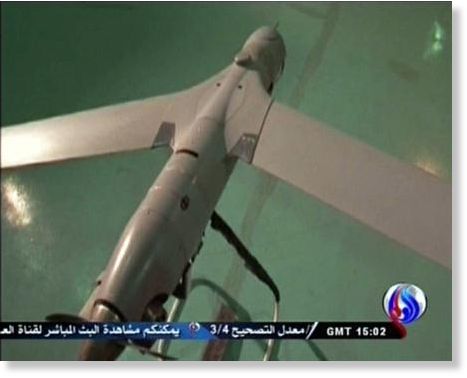OF THE
TIMES

"The 193-nation UN General Assembly on Thursday overwhelmingly approved the de facto recognition of a sovereign Palestinian state . . . . There were 138 votes in favor, nine against and 41 abstentions. . . . .The assembly approved the upgrade despite threats by the United States and Israel to punish the Palestinians by withholding funds for the West Bank government.. . . .The Czech Republic was unique in Europe, joining the United States, Israel, Canada, Panama and tiny Pacific Island states likes Nauru, Palau and Micronesia in voting against the move."In response, Israel announced it would "punish" the Palestinians for the UN vote by approving more settlements (which virtually the entire world deems illegal) and withholding tax revenue that was to pay employees of the Palestinian Authority; that behavior by Israel resulted in this:
"Australia and Brazil summoned their Israeli ambassadors on Tuesday to protest against Israel's decision to expand Jewish settlements in east Jerusalem and the West Bank and withhold tax revenue from the Palestinian Authority.
"The moves followed similar actions in Europe including Spain, France, Britain, Sweden and Denmark in the wake of the Palestinians winning de facto UN recognition of statehood."



...a Marine official here raised questions about whether the children were "innocent." Before calling for the M142 High Mobility Artillery Rocket System mission in mid-October, Marines observed the children digging a hole in a dirt road in Nawa district, the official said, and the Taliban may have recruited the children to carry out the mission.So digging holes in Afghanistan is now grounds for getting bombed? The children's relatives and local tribal elders had confirmed at the time that they were not Taliban recruits and were not planting any roadside bombs.